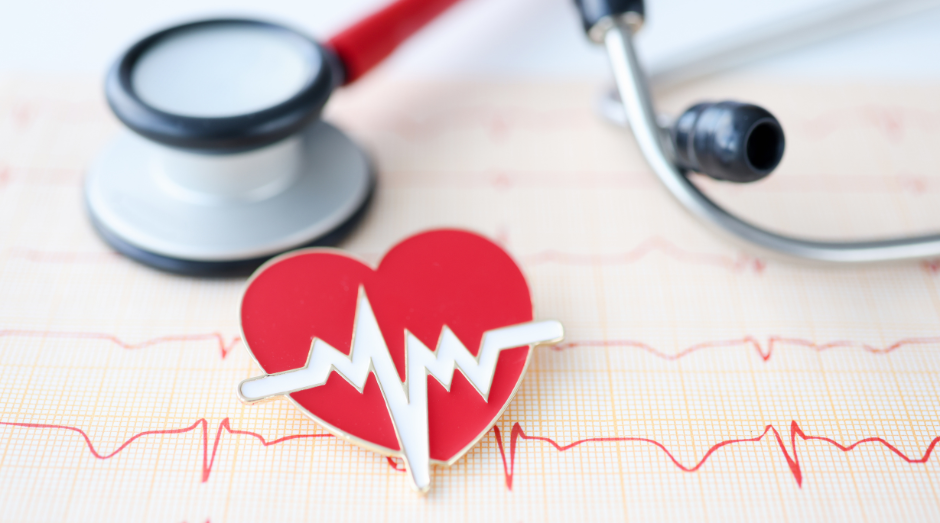February is American Heart Month. Did you know that 48 percent of Americans have some form of heart disease and that 1 in 4 Americans dies of heart disease? One thing you can do immediately for the sake of your heart is to take care of your mental and emotional health.
Studies have shown a clear connection between stress, anxiety, depression and other mental health issues and cardiovascular health. So as you think about your heart health this month, make sure you are getting what you need on the mental health front.
Here is some valuable insight and advice from the American Heart Association:
For years, healthcare professionals thought the connection between mental health and heart health was strictly behavioral — such as a person who’s feeling down seeking relief by smoking, drinking, or eating unhealthy.
That thinking has started to change. Research shows possible physiological connections, too. Increasing evidence shows that biological and chemical factors that trigger mental health issues may also influence heart disease.
Having mental health issues isn’t just about being unhappy; it’s having biochemical changes that predispose people to have other health issues, including heart problems. So the head-heart connection should be an important consideration in patient care.
Depression and Other Issues
Many forms of mental health issues can affect heart disease. You can have a temporary state of depression or a more severe, clinical case. You can also have varying levels of anxiety and stress, just to name a few of the most well-known problems.
Daily stressors, such as those related to work and traumatic incidents, can increase the risk of heart disease. Social isolation and loneliness — common sources of stress — are also linked to increased risk of heart attack or stroke.
Heart, Stroke Patients Must Be Wary
Heart disease or stroke can cause anxiety or depression. So it’ important to handle these in a healthy way.
It’s not just that people with heart disease or stroke want to smoke or eat to boost their mood. They may not have the energy to get out of bed, go to rehab and do things to regain their physical health.
Some might think, “I just had a heart attack, I should be depressed.” But minimizing their sadness, or dismissing it, could start them down a slippery slope.
What You Should Do
Start by discussing how you’re feeling — physically and mentally — with your healthcare professional. They can help or refer you to the most appropriate care or provide the best place to start.
You should monitor the physical and mental health of yourself and your loved ones, especially those dealing with heart disease or stroke.
Your healthcare professional may ask questions about your physical and mental health, such as:
- Are you still smoking?
- How are you doing with your diet?
- Are you checking your blood pressure?
- How’s your mood been?
- Are you enjoying the same things that used to?
Remember, if you’re depressed, anxious or stressed due to heart disease or stroke, you may need follow-up care. So work with your health care professional — for the sake of your mental and heart health.


